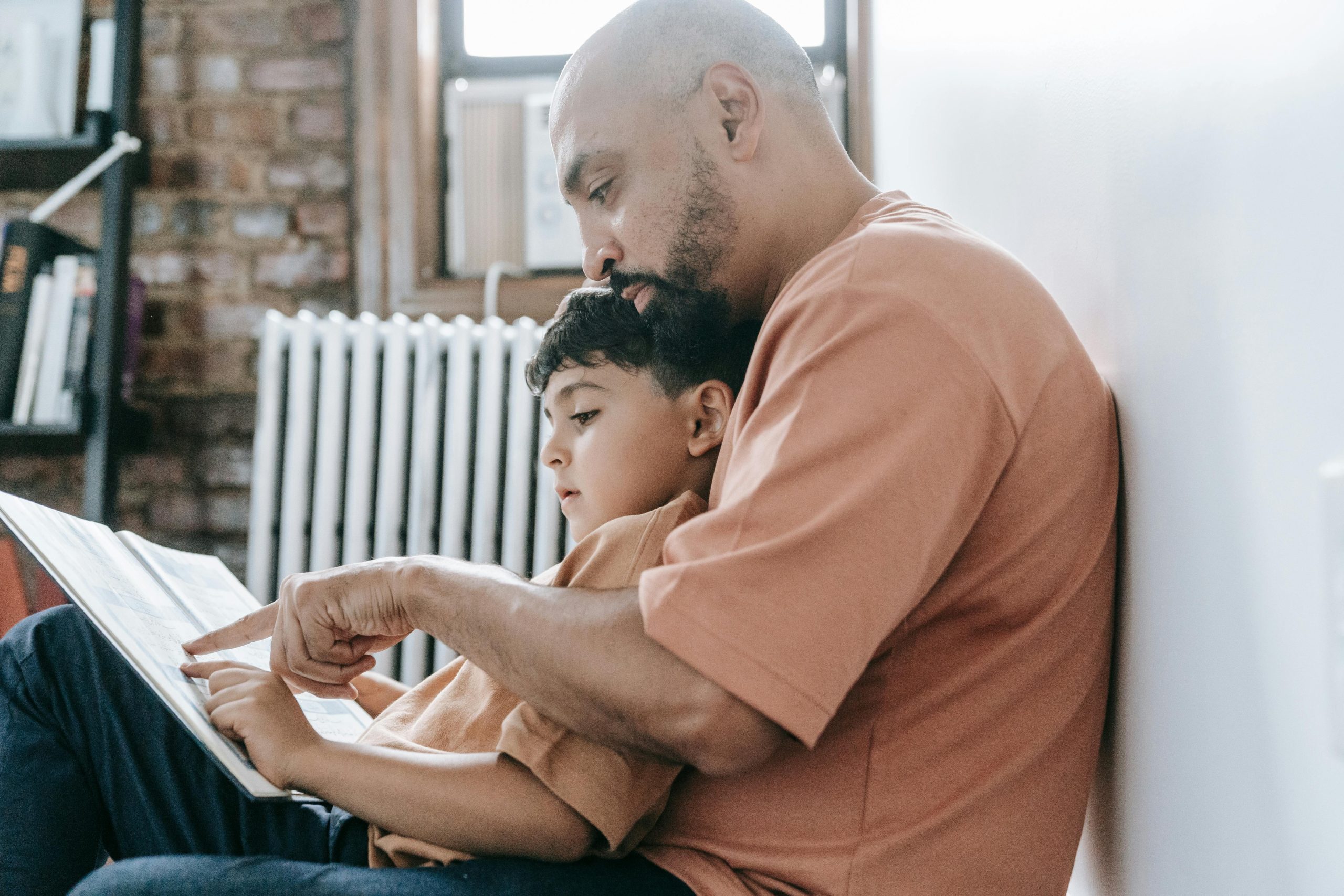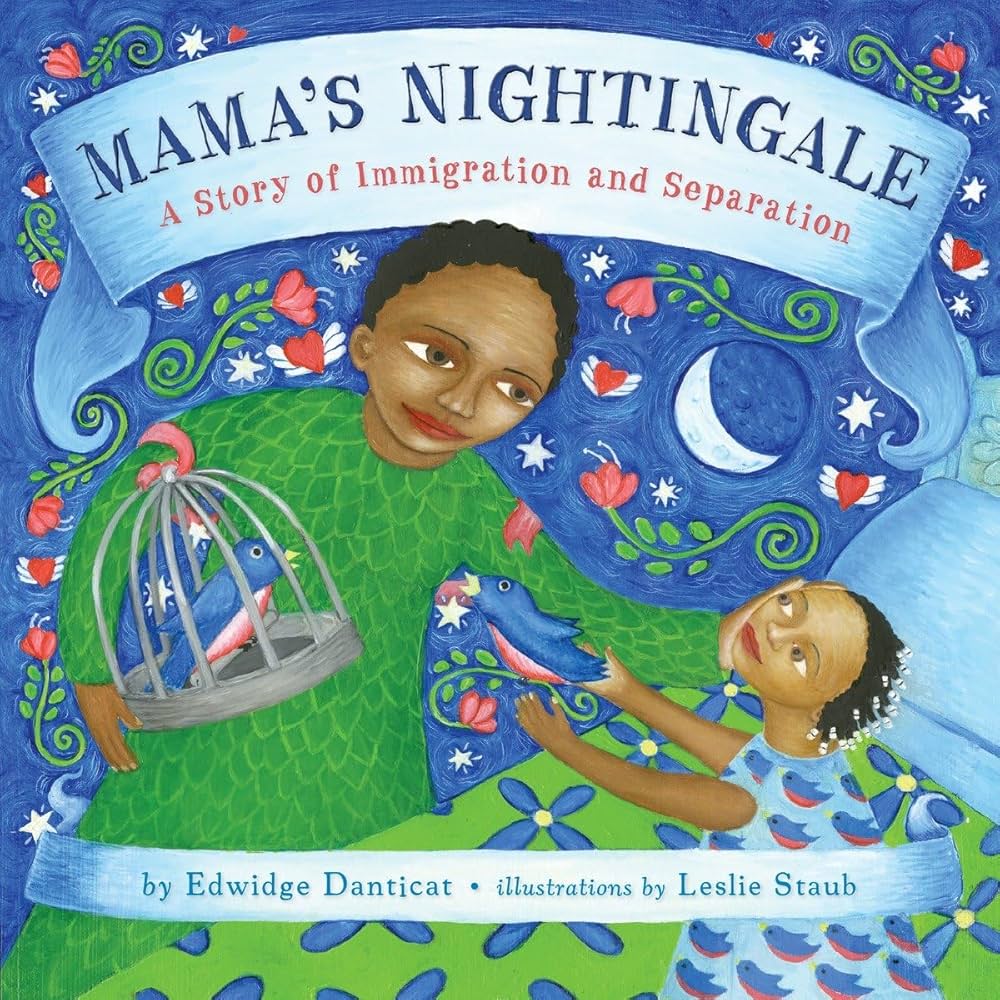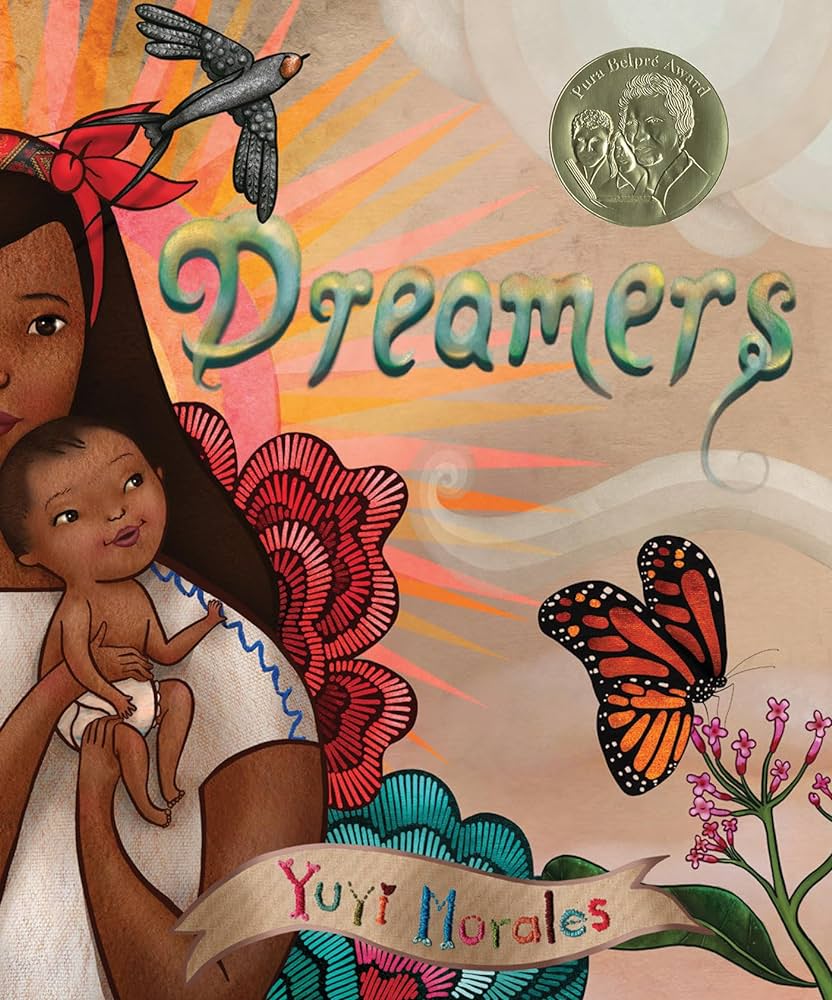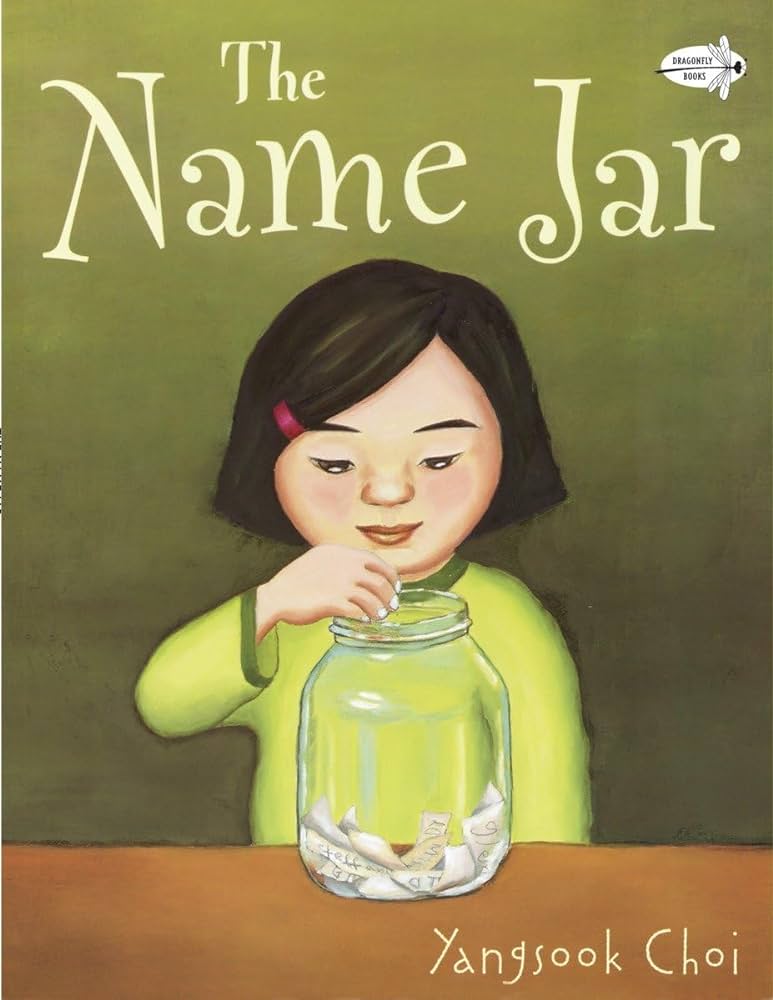
“To be called a refugee is the opposite of an insult; it is a badge of strength, courage, and victory.”
~Tennessee Office for Refugees
During the presidential debate, harmful falsehoods were shared about Haitian immigrants in Springfield, Ohio. This misinformation was spouted on a national stage, broadcast to families across the country. Meanwhile, picture books depicting authentic stories about undocumented, immigrant, and refugee children are banned in our schools and libraries.
Book banning targets books about BIPOC, LGBTQ+, and other underrepresented voices. But censorship doesn’t stop us from hearing stories about these identities—it just controls who tells them.
Children shouldn’t be learning about the lives of immigrant origin families through false and harmful rhetoric. All children deserve access to positive and authentically told stories in their classrooms. In this month’s newsletter, we counter harmful widespread messaging by highlighting anti-bias books and resources about immigrant, undocumented, and refugee children.

When Saya’s mother is sent to an immigration detention center, she sends her daughter bedtime stories inspired by Haitian folklore to make their separation easier to endure. Inspired by her mother’s stories and her father’s attempts to reunite their family, Saya uses her own voice to help bring her mother home.
In this book, a woman and her baby come to the U.S. from Mexico. Feeling alone and unable to speak English, yet hopeful and filled with dreams, they find comfort and belonging through books at the library. What other things do they discover about themselves through reading books?


Unhei (Oon-Hay) has just moved to the United States from Korea and is nervous about being the new kid in school. She worries about fitting in with the American kids, especially since she fears they won’t be able to pronounce her name. She decides to choose a new name instead of telling her classmates her real name, but when her new friend discovers the special meaning behind the name, Unhei, he encourages her to stay true to herself.
Rahma is one of twelve AmazeWorks Persona Dolls. She is Somali-American, wears a hijab, and loves books.
Persona Dolls are realistic dolls that come into classrooms as friends, sharing stories and inviting children to do the same. They help educators address complex topics by encouraging children to explore empathy, build healthy identities, and respect differences in a safe, supportive environment.
Using Persona Dolls helps early childhood educators navigate complex conversations in a developmentally appropriate way.
In addition to Persona Dolls, what tools can you use to expand your understanding of different lives and experiences from yours?